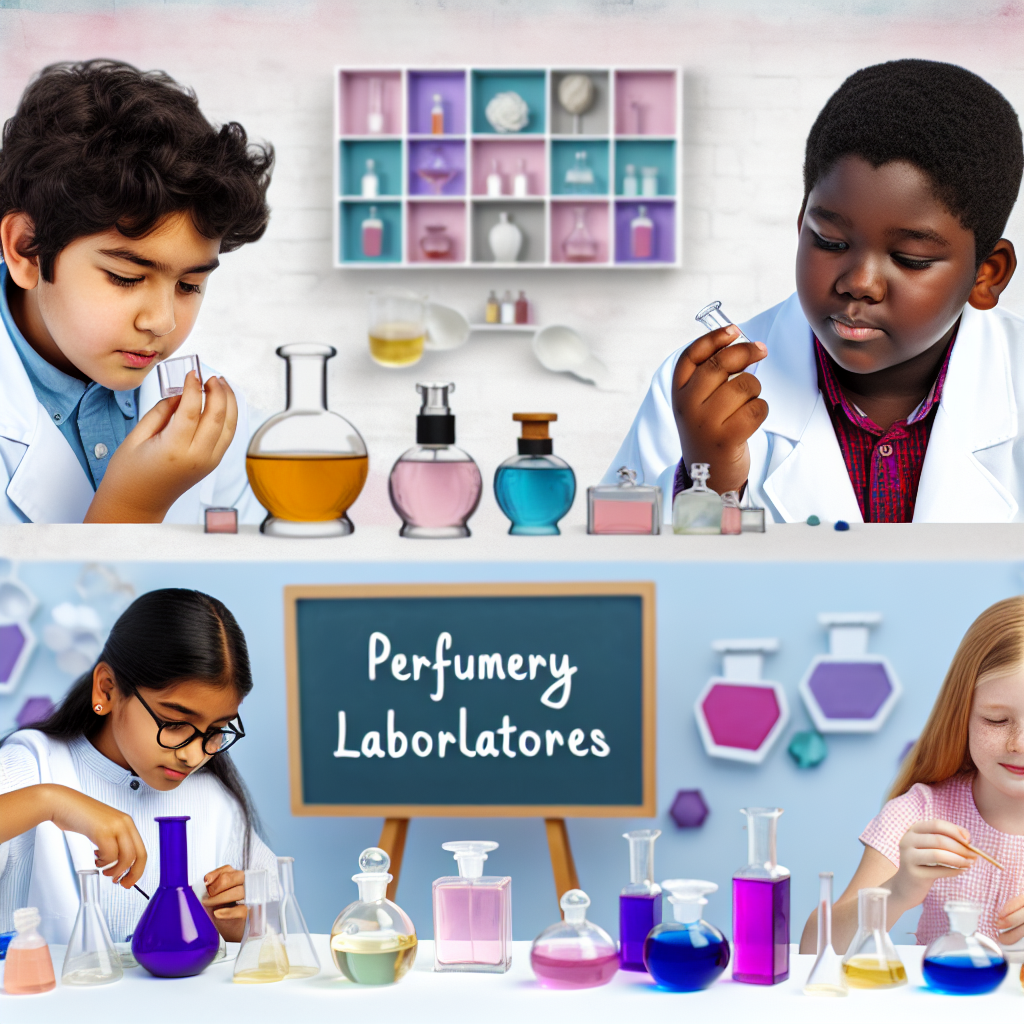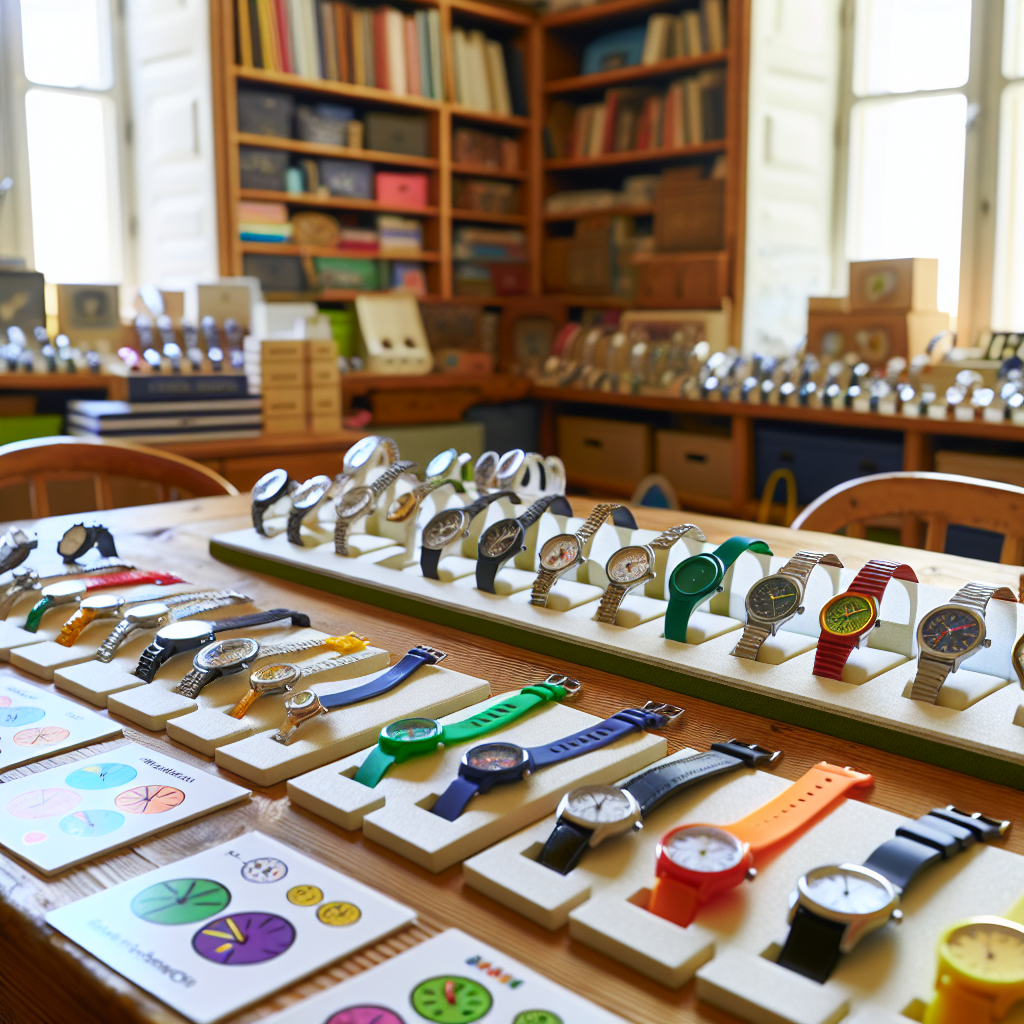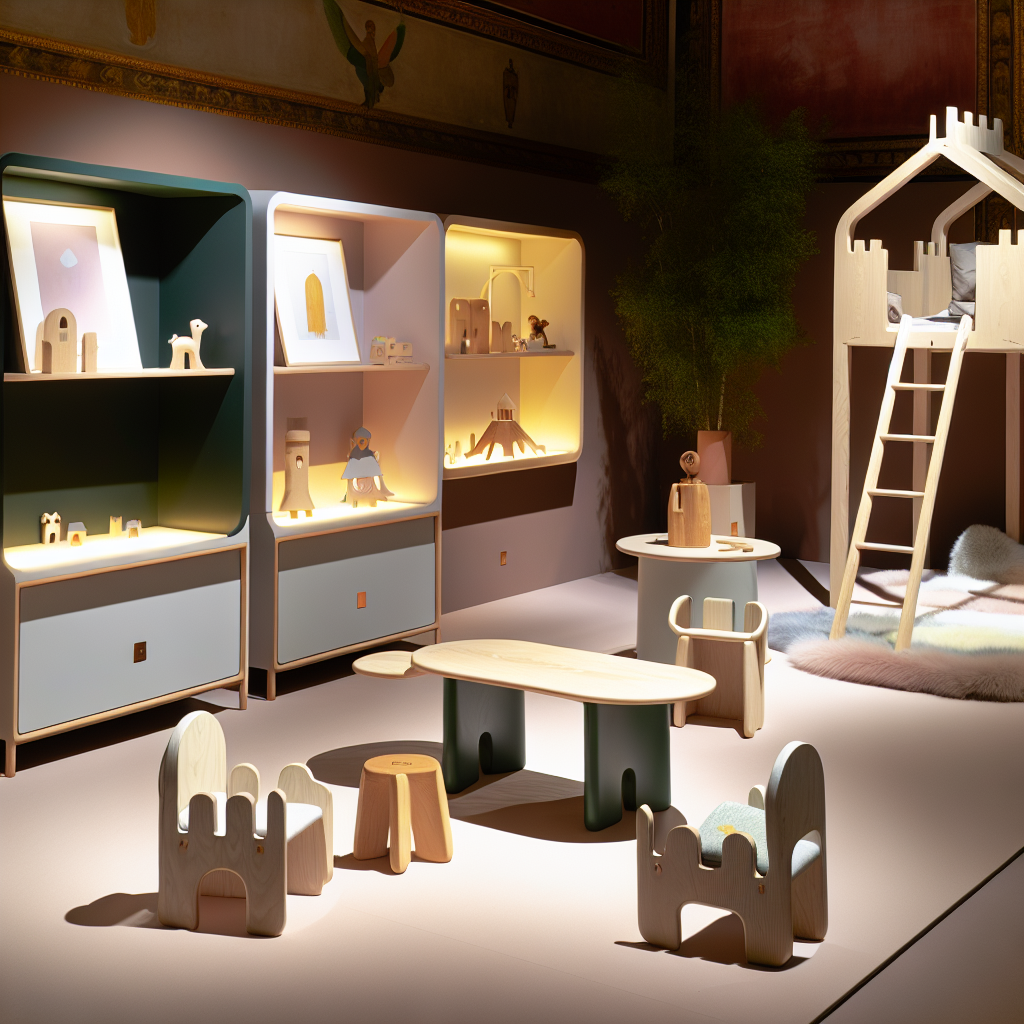Junior Perfumery Laboratories: Sensory Education Through Custom Fragrance Creation
A Whiff of Wisdom: The Rise of Olfactory Learning for Children
In an era where **experiential education** takes precedence, sensory-based learning is emerging as one of the most effective methods to nurture critical cognitive and emotional development in children. For parents seeking high-caliber enrichment programs, introducing their children to the elegant world of **perfumery** is more than a lavish activity—it’s a transformative educational opportunity.
Junior perfumery laboratories seamlessly blend creativity, science, personal expression, and sensory development into curated, hands-on workshops tailored for young minds. These workshops, presented by luxury fragrance ateliers and expert scent educators, invite children to explore aromatic building blocks such as **top notes**, **middle notes**, and **base notes**, empowering them to create custom scents that reflect their personal identity. From Paris and London to New York and Dubai, exclusive fragrance houses are opening their ateliers to a younger demographic, offering curated experiences with ingredients such as **bergamot**, **tonka bean**, and **rare oud**.
These aroma adventures go far beyond novelty activities. For parents who value meaningful, holistic involvement in their child’s growth, junior scent workshops provide foundational lessons in **chemistry**, **art**, and **emotional sophistication**. Children cultivate patience, self-awareness, decision-making, and even narrative skills by describing their creations—all through the expressive power of scent.
Once a niche idea, fragrance education for children is now a growing trend among elite families worldwide. This growth aligns with increased recognition of how smell links to **memory**, **emotional comprehension**, and even **academic performance**. Today’s luxury childhood enrichment is no longer limited to bespoke art classes or equestrian excursions. It now includes *sensorial journeys* that promote confidence, creativity, and refined taste—introducing young minds to a world of culture through olfaction.
The Science Behind the Scent: Why Fragrance Workshops Matter
Scientific research confirms that olfactory engagement is crucial to child development. According to a seminal study in Nature Reviews Neuroscience, sensory exposure—particularly to scent—plays a major role in shaping brain plasticity during key early developmental periods.
When a child engages in fragrance design, they exercise multiple brain functions simultaneously: **sensation**, **analysis**, **creativity**, **emotional awareness**, and **memory recall**. The process of combining and evaluating essential oils taps into decision-making and problem-solving skills, mirroring tasks seen in traditional scientific learning. Creating a signature scent is a concrete way for children to understand **chemical interaction**, **molecular volatility**, and even **olfactory fatigue**—which introduces elements of environmental science and neuroscience in a digestible, fun format.
Additionally, scent-based learning aligns directly with the modern educational framework of STEAM (Science, Technology, Engineering, Art, and Math). Perfumery workshops give children a rare opportunity to blend art with science, reinforcing both critical thinking and aesthetic judgment.
A study from the University of Kent further underlines this. Researchers found that smell-training in children contributed to improved self-awareness, emotional intelligence, and autobiographical memory. Such results highlight the cognitive diversification children gain from participating in scent-focused experiential platforms.
Mindfulness Meets Molecules: Emotional and Mental Health Benefits
Beyond cognitive gain, perfumery labs also support **emotional balance** and **mental well-being**. According to Kristie Rivers, M.D., a pediatrician and child development expert, smell-based play facilitates mindfulness. It encourages children to be present, heightens their capacity to observe and reflect, and has calming benefits akin to meditation.
This is particularly valuable in today’s fast-paced, high-expectation culture where many children are involved in back-to-back academic and extracurricular obligations. A relaxed creative environment helps alleviate stress, boost self-esteem, and enhance focus—all through the immersive, pleasurable act of scent exploration.
Where Luxury Meets Learning: Elite Fragrance Houses Embrace Young Noses
Some of the world’s most revered **luxury perfumery brands** have harnessed their storied legacies to create educational experiences for budding scent connoisseurs.
At Maison Francis Kurkdjian, young participants are guided by expert perfumers through every step of perfume creation—from sniffing raw ingredients to composing a scent step-by-step. Likewise, Diptyque offers engaging sensory journeys for children to uncover aromatics tied to emotions, memories, or even colors.
For those seeking immersion in olfactory tradition, Guerlain’s “L’Art et la Matière” workshops offer junior ateliers shaped by centuries of fine fragrance knowledge. In these workshops, children can explore perfume-making heritage while crafting personal fragrances that embody values such as “bravery,” “happiness,” or “curiosity.”
These sessions often include **storytelling**, **visual cues**, or **mood boards**, creatively aligning a scent profile with abstract concepts—enhancing verbal, emotional, and aesthetic literacy.
Scented Pathways to Growth: The Lasting Impact of Junior Perfumery
In an age where forward-thinking education demands a marriage between enrichment and innovation, junior perfumery laboratories embody that fusion. They represent not just elite extracurriculars, but **transformational learning environments** where children can engage with culture, science, and self-expression simultaneously.
As children return home with personalized fragrance bottles, they also carry a deeper awareness of the world’s sensory richness, a heightened capacity for creative expression, and memories tied to smell—arguably the most primal connection to emotion and experience. These workshops cultivate lifelong appreciation for storytelling, chemistry, and emotional sensitivity.
For parents wishing to provide truly meaningful activities beyond traditional toys and screen-time, perfumery laboratories offer an exquisite introduction to the beauty and complexity of the world through scent—forming fragrant footprints that echo long after the workshop ends.
References & Further Reading
1. Herz, R. S. (2016). The role of odor-evoked memory in psychological and physiological health. Brain Sciences.
https://www.mdpi.com/2076-3425/6/3/22
2. Wilson, D. A., & Sullivan, R. M. (2011). Cortical processing of odor objects. Nature Reviews Neuroscience.
https://www.nature.com/articles/nrn2744
3. Toet, A., & van Schaik, M. G. (2021). “Smell training for children improves arousal and mood.” Acta Psychologica.
https://www.sciencedirect.com/science/article/abs/pii/S0001691821002501
4. Maison Francis Kurkdjian Children’s Fragrance Workshop Program.
https://www.franciskurkdjian.com
5. Diptyque Olfactory Workshops.
https://www.diptyqueparis.com
6. Guerlain L’Art et la Matière Junior Atelier.
https://www.guerlain.com/int/en-int/

Dominic E. is a passionate filmmaker navigating the exciting intersection of art and science. By day, he delves into the complexities of the human body as a full-time medical writer, meticulously translating intricate medical concepts into accessible and engaging narratives. By night, he explores the boundless realm of cinematic storytelling, crafting narratives that evoke emotion and challenge perspectives. Film Student and Full-time Medical Writer for ContentVendor.com




